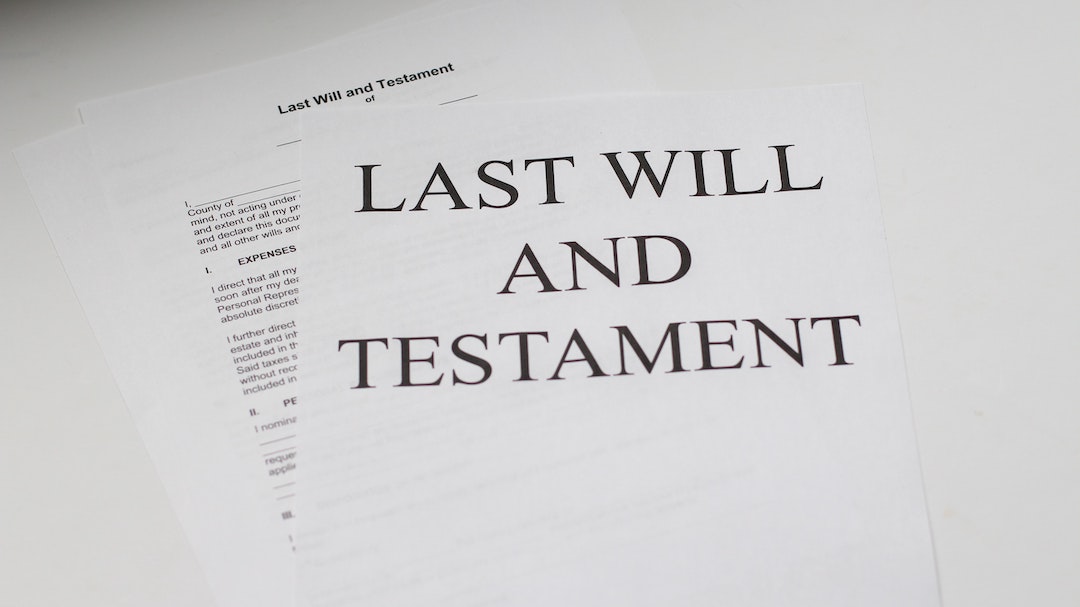Who Will Inherit Your Assets If You Die Without an Estate Plan in California?
Nobody likes to think about their own mortality, but it is always important to plan for the future. If you want to make sure your assets are distributed in accordance with your wishes after you die, you must create an estate plan.
Should you pass away without an estate plan in place in California, the state’s intestacy laws will determine who inherits your assets.
Understanding California’s Intestacy Laws
Under California’s intestacy laws, the way your assets are dispersed after you pass away largely depends on who your closest relatives are at the time of your death.
If, for instance, you’re married and have three kids, your spouse (or registered domestic partner) will inherit your half of the marriage’s community property and one-third of the separate property. Your children will inherit the remaining two-thirds of your separate property.
The state of California broadly defines community property as any property that was acquired or shared during a marriage.
In contrast, separate property typically includes any assets that were owned before the marriage as well as property that was never shared by the spouses.
Here’s how your assets would be distributed in a few different scenarios:
- Kids, but no spouse: Your kids will inherit your estate
- Parents, but no spouse, kids, or siblings: Your parents will inherit your estate
- A spouse and one kid: Your spouse will inherit half of the marriage’s community property and half your separate property. Your kid will inherit the remaining half of your separate property.
- A spouse and parents: Your spouse will inherit half of the marriage’s community property and half your separate property. Your parents will inherit the remaining half of your separate property.
- Siblings, but no spouse, kids, or parents: All your property will be dispersed equally among your siblings.
The transfer of your property is unlikely to be automatic, though. When you die without an estate plan, your family generally needs to go through probate to claim your assets. This process costs thousands of dollars and can take more than a year to conclude.
If you don’t have any immediate relatives, California’s intestacy laws state that your property will be distributed to your next of kin. This could include:
- Your grandchildren
- Your grandparents
- Your nieces and nephews
- Your aunts and uncles
- Your great aunts and great uncles
- Your predeceased spouse’s parents, and
- Your predeceased spouse’s siblings
If you do not have any next of kin, your property will be handed over to the State of California. If it remains unclaimed, the state may liquidate it and use the funds for governmental purposes.
Your Trusted California Estate Planning Attorney
Do you want an experienced San Diego family lawyer to help you create an estate plan that will allow your family to avoid navigating California’s intestacy laws after you die? If so, please don’t hesitate to get in touch with the team here at the Semanchik Law Group. We have been helping local families prepare for the future for years, and we’d love to do the same for you.
To schedule an initial consultation, just send us a message or give us a call at (619) 535-1811.


